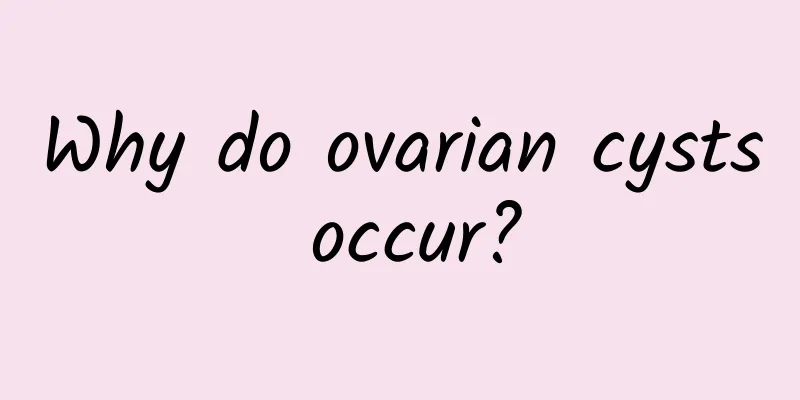Why do ovarian cysts occur?

|
Generally speaking, there are many causes of ovarian cysts, which may be related to lifestyle, genetic genes, environmental factors, endocrine factors, etc. The specific analysis is as follows: 1. Lifestyle: If the patient does not pay attention to his daily diet and is under too much stress, it can easily lead to a decline in the body's immune function and cause abnormal proliferation of ovarian tissue. 2. Genetic genes: Ovarian cysts are related to genetic genes, so the risk of their offspring suffering from this disease will be greatly increased. In this case, we should take comprehensive preventive measures in life, which can effectively reduce the chance of occurrence, which is also helpful for personal condition. 3. Environmental factors: Food contamination is particularly common nowadays. Plant growth hormones such as vegetables and clenbuterol hormones in livestock and poultry formula may also lead to a gradual increase in the possibility of ovarian tumors. 4. Endocrine factors: Although the ovary is relatively small, it is also an important organ for balancing endocrine. Many patients with ovarian cysts and polycystic ovary syndrome may be caused by excessive secretion of androgen. |
<<: Why do little girls get ovarian cysts?
>>: How much is HCG for ectopic pregnancy
Recommend
Preventing adnexitis starts with enhancing your own immunity
Prevention of adnexitis is a topic of great conce...
Clinical manifestations of chronic cervicitis
Cervicitis can generally be divided into many typ...
Is malignant ovarian cyst serious? What are the symptoms?
Are malignant ovarian cysts serious? What are the...
What are the common complications of functional uterine bleeding?
Recently, Hongcha has been very busy at work, oft...
What supplements are effective for functional uterine bleeding?
Functional uterine bleeding can be improved by su...
What are the dietary precautions after miscarriage? Here are 6 points
Within half a month after abortion, you can eat c...
What are the dietary treatments for cervical erosion? 3 foods that are suitable for cervical erosion and 3 taboo foods
Patients with cervical erosion should eat more nu...
Can I have a natural birth with an ovarian cyst? Does I need a caesarean section?
Can I have a natural birth with an ovarian cyst? ...
What are the common symptoms of cervical erosion?
What are the common symptoms of cervical erosion?...
Eat vegetables but no meat to lose weight? 7 wrong myths!
"Can you lose weight by eating vegetables in...
Causes of ectopic pregnancy and ovarian implantation
Ectopic pregnancy and ovarian implantation are ma...
No need to count calories? All you can eat every day? Just eat less "sugar" and you won't be hungry or feel wronged on the road to losing weight!
Just eat less sugar Fasting to reduce sugar intak...
A brief analysis of several common symptoms of pelvic inflammatory disease
Many female friends do not go to the hospital for...
Fitness club donates millions of dollars to show love
Another corporate charity! Taiwan's fitness b...
Do you know how to diagnose vulvar leukoplakia?
Nowadays, vulvar leukoplakia has become a gynecol...









